
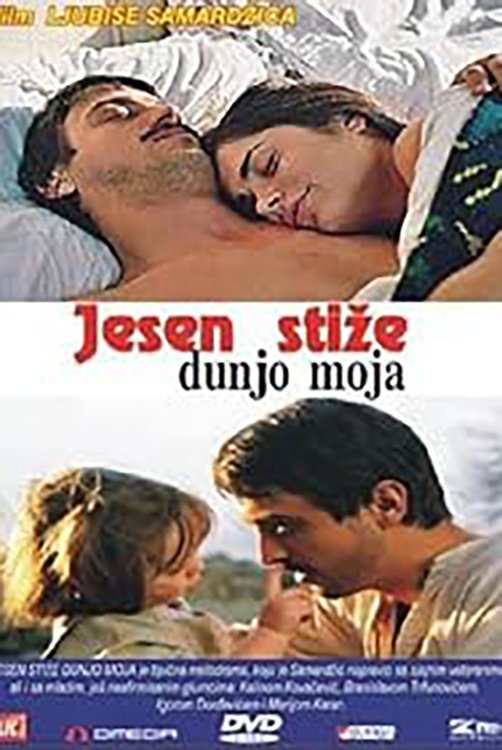
TV series which serves as an extended version of the eponymous feature film.
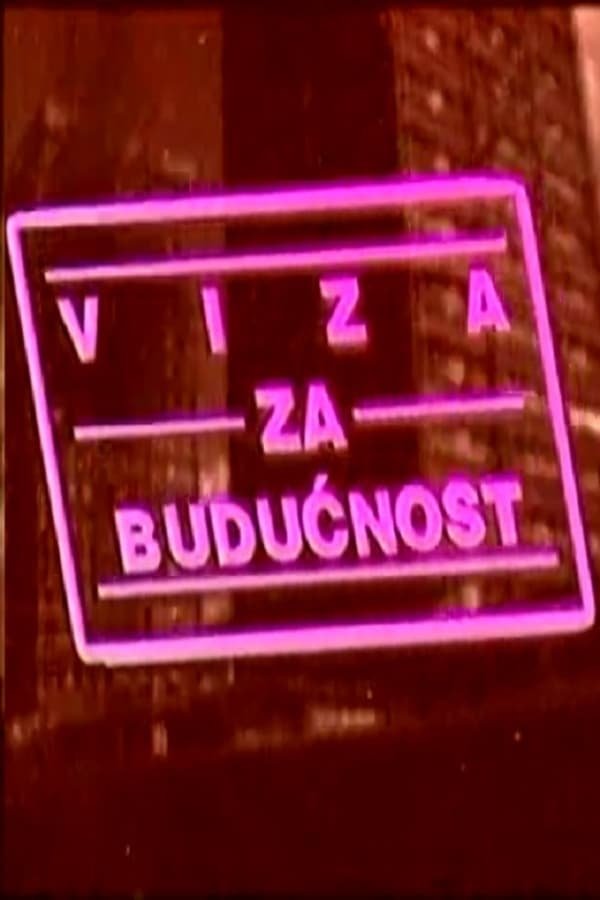
One of the first post-Independence Bosnian sitcoms. Production started on June 22, 2001 in Sarajevo, Bosnia and Herzegovina. The final episode was filmed in Sarajevo on August 25, 2008 and aired in October. It eventually became one of the region's most popular sitcoms.
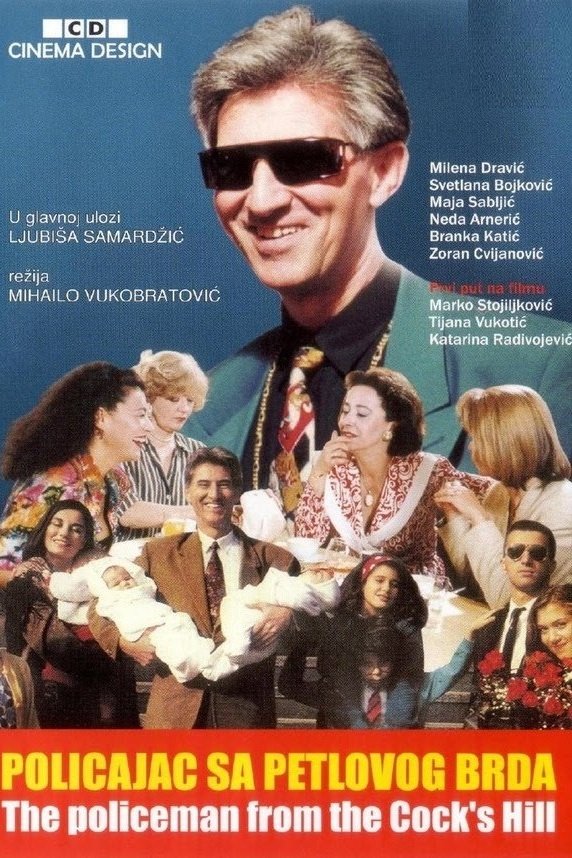
The adventures of a skillful Belgrade policeman who proves to be equally successful as a caring father.
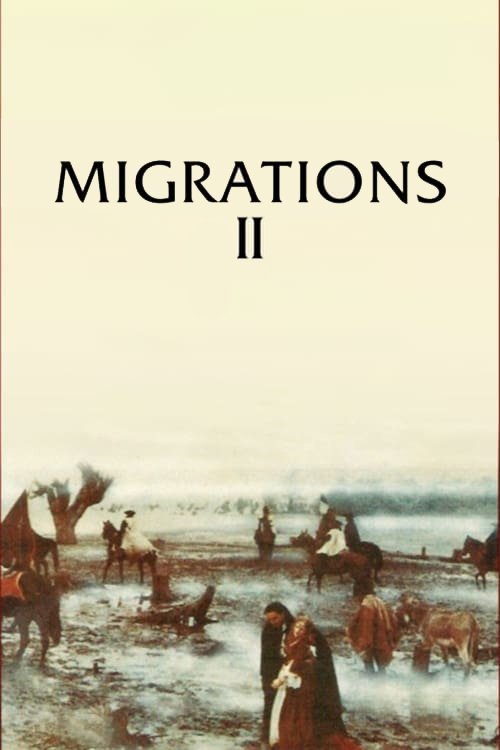
Screening of the synonymous Milos Crnjanski's poetic novel about the tragedy of Serbian people who scattered their energy and bones from Dnepr to Lotaringia during XVII and XIX century. The great Serbian migration topic is given through the military campaign of major Vuk Isakovic (Avtandil Makharadze) at the head of Slavonian-Danube regiment, from spring of 1744. to spring of the next year. The second topic follows tragic but passionate relationship between Vuk's younger brother and his wife, which ends with her long-lasting disease and death.
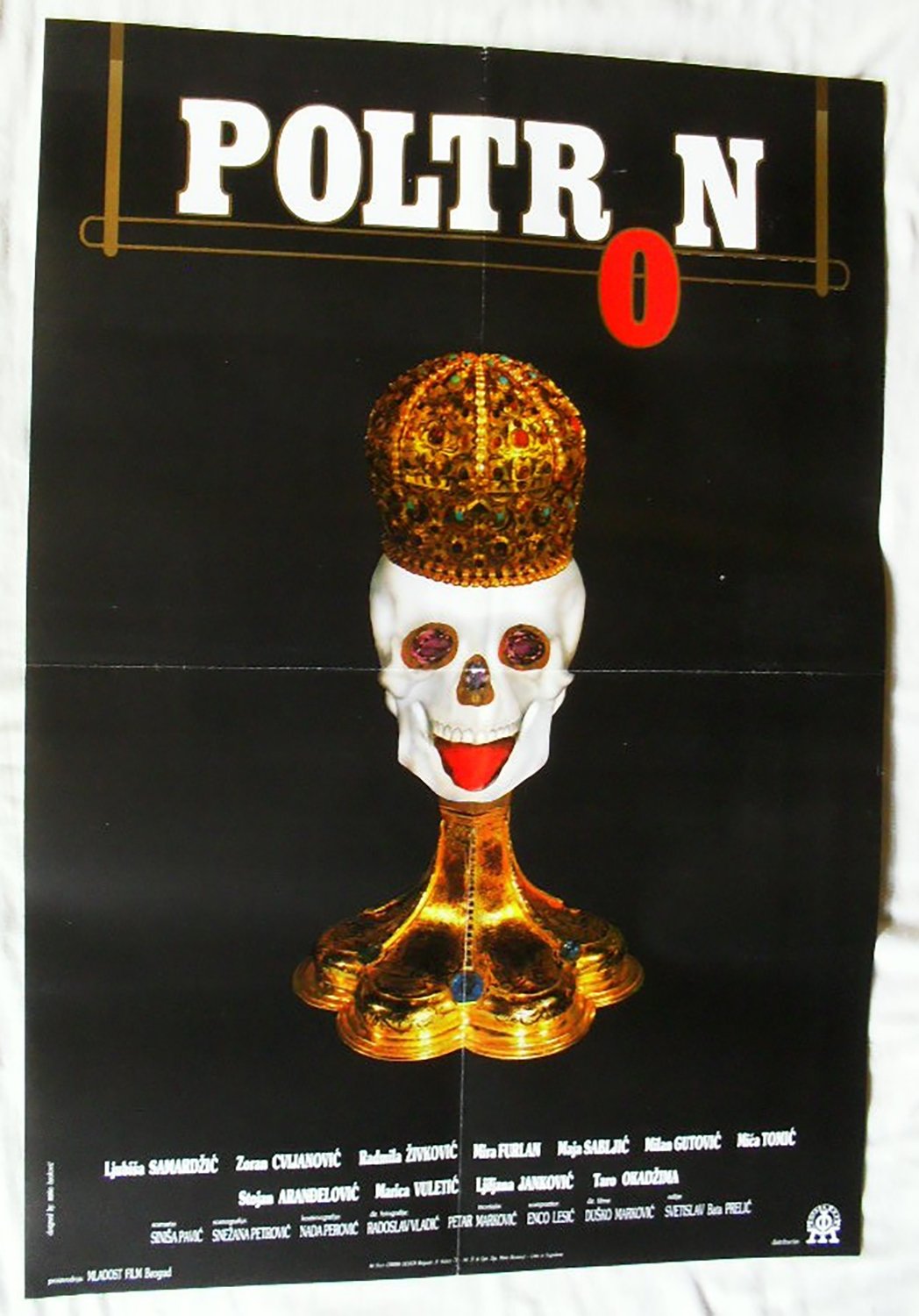
In a typical Yugoslav company a relationship is developing between poltroon and CEO.
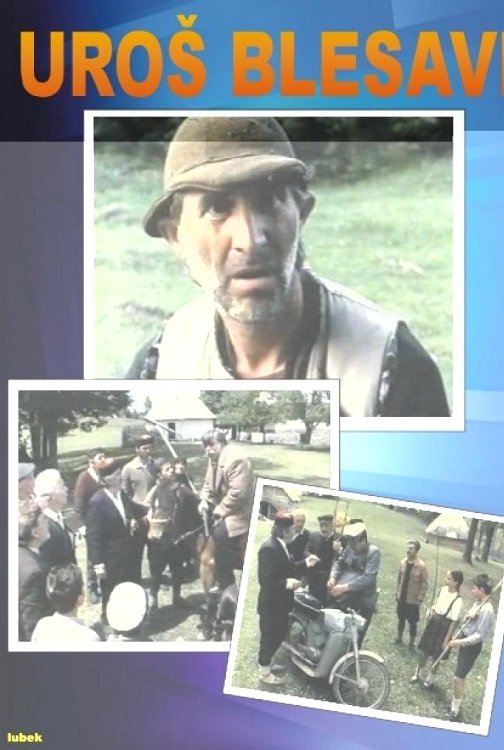
The Zivkovic family lives on a hilly village, on cleared part of land. Having many relatives, their lives are interlaced, and jobs distributed. Their biggest problem is a family that lives on the village edge and whose members steal, and Uros the Stupid, single and infantile Markovic family member. Contrary to the world of elders, Urosh and children lead their life of some kind. Suddenly, postman brings the telegram saying that some forgotten cousin from America has died and left two million dollars of inheritance. Unrest enters life of peasants. Everyone has some idea on how to invest the money, feeling at the same time that they don't need it. All of their actions will end differently from what they expected.
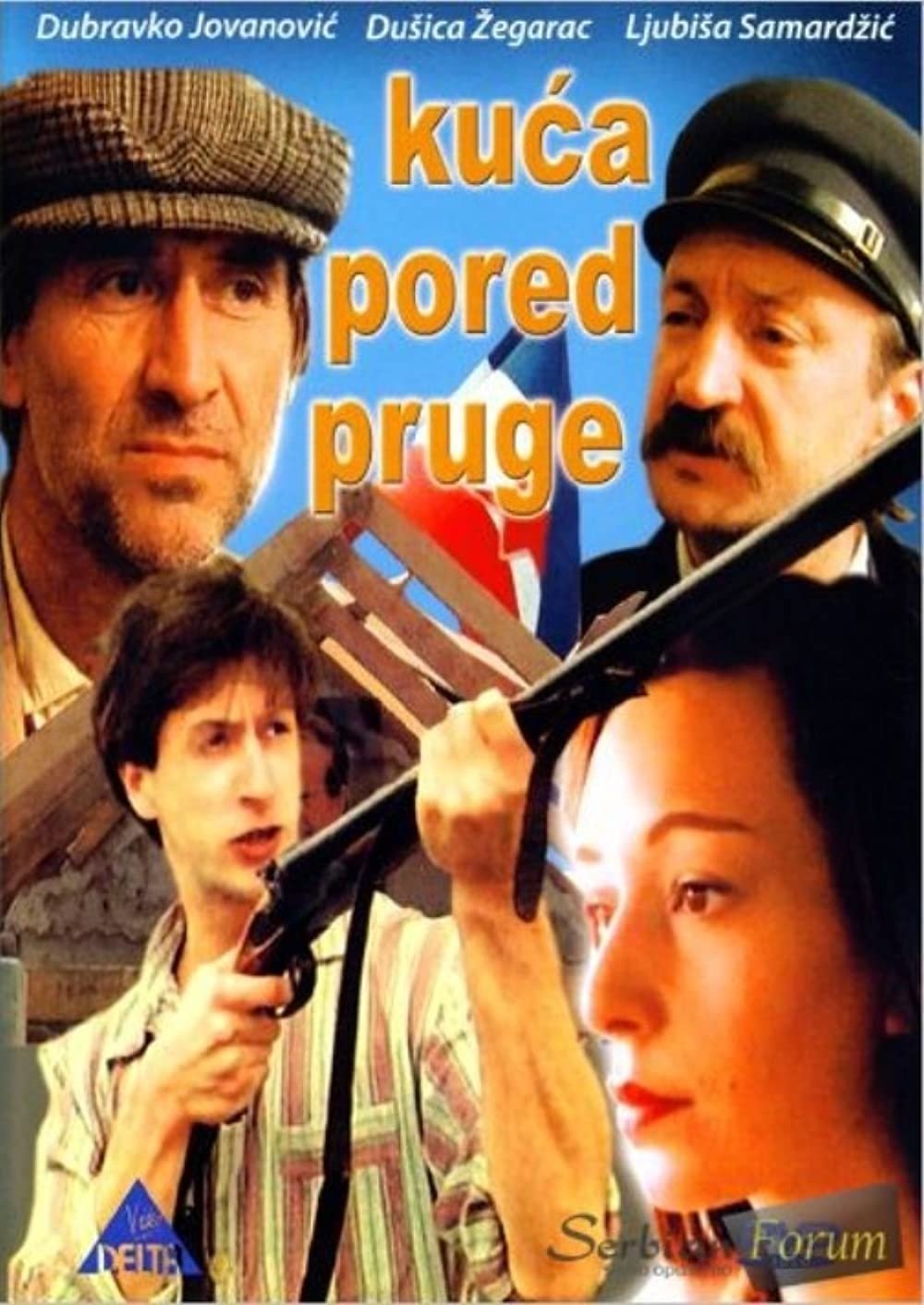
A Serbian family leaves the troubled Kosovo region after Albanians rape the daughter in front of her mother. When they leave their home after the assault, their family tombs are desecrated, and the move to northern Serbia is marked by rejection by the local people of their new community.
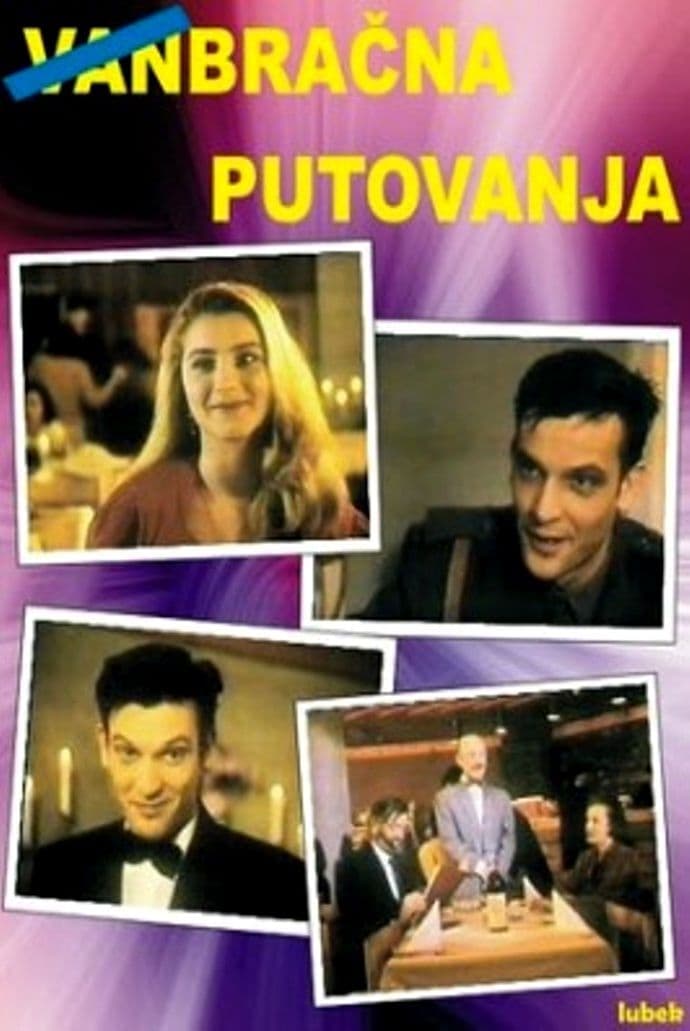
Tugomir, a student, wants to write a dissertation on Love, but fails to complete it before being obligatory drafted in the army. There, he succumbs to paranoia that his girlfriend is cheating on him. He decides to cheat on her too.
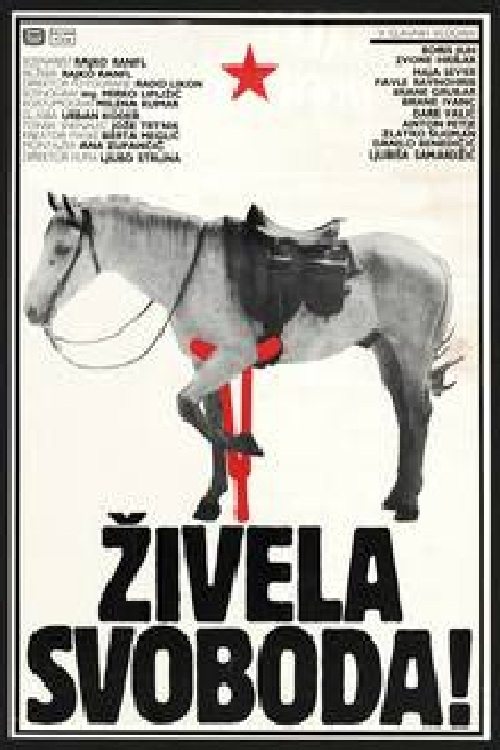
Old man Repovz recalls experiences of the WWII in an entertaining, comic way rather than tragic. A man breaks his arm to avoid being drafted; the other man shoots fire to scare enemy soldiers; love stories, as well as troubles with forced collectivization took place there. A partisan hero finds out that he lost her fiancee, but somewhat cheers up when his white horse comes back to him...
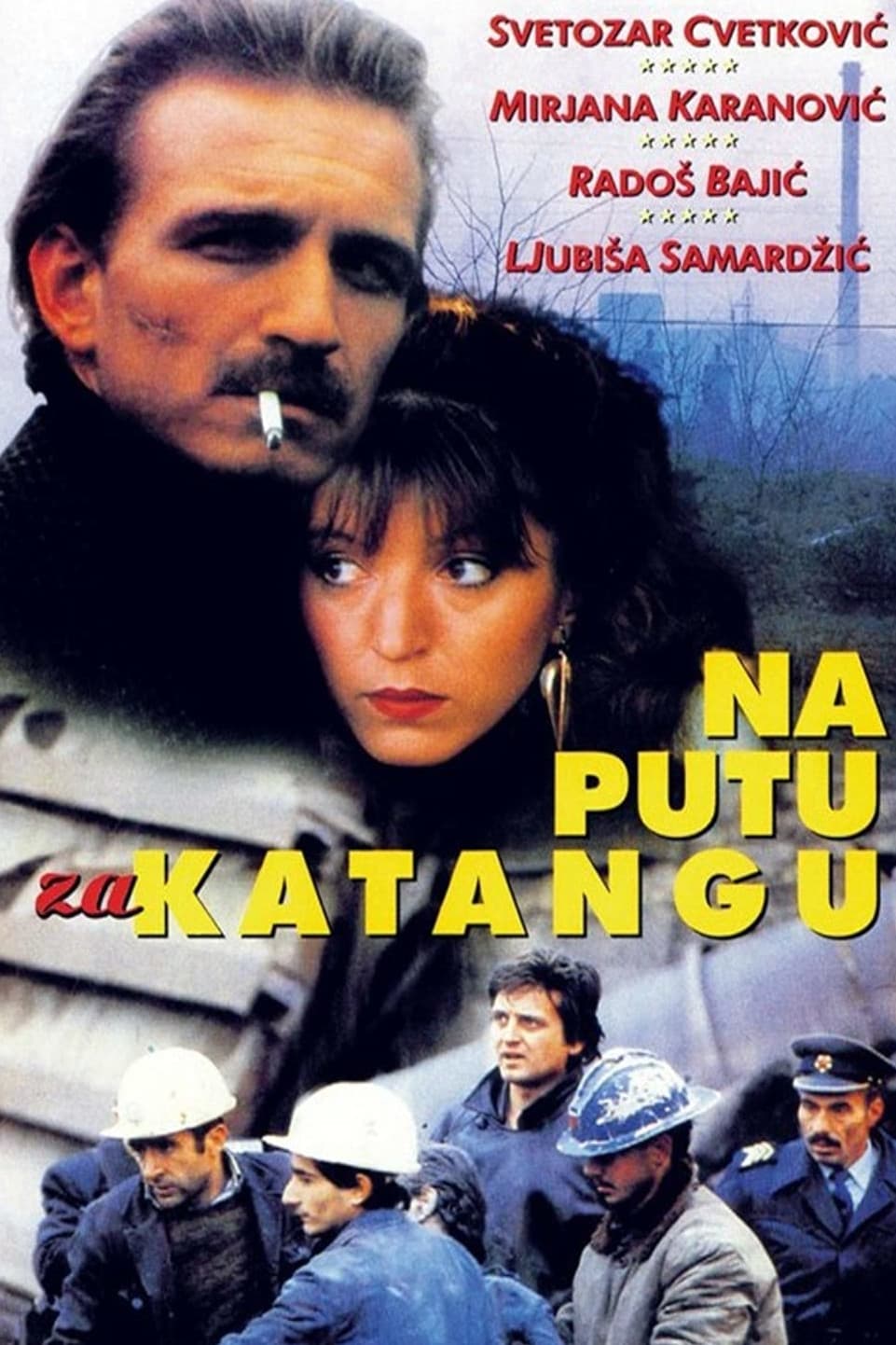
Obsessed by the dreams of a comfortable life, son of a coal miner comes back to his native country with plans to sell his father's house in order to travel to the African diamond mine in Katanga. Re-visiting of his hometown brings back his childhood trauma, and the nightmare of the old and new love, the events in and around the mine, all put his obsession with Katanga on test.
Ljubiša Samardžić (1936-2017), sometimes referred to as Smoki or Smoki Samardi, was a Serbian actor and director. Nowadays he is perhaps best known as Šurda in the Yugoslav TV series 'Vruć Vetar'. Born to the family of a coal miner, his acting talent was discovered very early and he won a scholarship with respected director Bojan Stupica. After graduating from the Belgrade Drama Arts Academy, he obtained a role in Igre na skelama (1961). Samardžić was a member of the Central Committee of Yugoslav Communist Party in late 1980s.
By browsing this website, you accept our cookies policy.